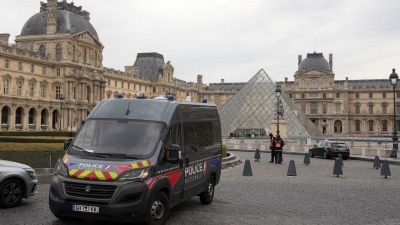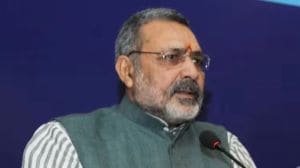PM and Sonia in Kashmir: Raising Delhi’s Game
Five broad imperatives must guide Prime Minister Manmohan Singh and Congress President Sonia Gandhi as they reach out to the people of Jammu and Kashmir this week.
The Congress Party’s growing weight on the national scene and its strong partnership with the National Conference in Srinagar means Delhi has the political capital to boldly pursue India’s long-term strategic objectives in Jammu and Kashmir and beyond.
Five broad imperatives must guide Prime Minister Manmohan Singh and Congress President Sonia Gandhi as they reach out to the people of Jammu and Kashmir this week.
The first is to unveil an ambitious but credible strategy to rapidly modernise the transport infrastructure in the state. The long delayed Kashmir rail project,a small element of which the PM will unveil this week,compares rather poorly with the dramatic rail line that Beijing has pushed in record time across the difficult terrain of Tibet.
More broadly,the massive road and rail networks that China has built just over the last one decade in Xinxiang and Tibet that border J&K,demand that Delhi emulate Beijing’s strategy of securing sensitive frontier regions through infrastructure development.
A second priority is to reorder the security management of the state by changing the disposition of the central security forces to reduce the friction between them and the citizens,especially in urban areas. Home Minister P. Chidambaram has already suggested some decisions are at hand,including one to modify the armed forces special powers act.
A third imperative is about the long-awaited dialogue with the dissident groups in the state. Delhi’s emphasis on ‘quiet diplomacy’ in Kashmir may rule out major announcements on the specifics on the process. But there should be ample room for Dr. Singh and Mrs. Gandhi to expand on Chidambaram’s proposition that the ‘unique’ problems of J&K demand ‘very special’ political solutions.
Fourth,the PM will have an opportunity to revisit his vision for a cooperative engagement between the parts of Kashmir divided by the Line of Control. By detailing his proposal for a joint mechanism between the two parts of Kashmir and elaborating on its possible scope and mandate,the PM can electrify the local,regional and international discourse on the prospects for peace in the subcontinent.
Finally,a major initiative in Kashmir would strengthen India’s hands in setting the terms for a resumption of the dialogue with Pakistan. During the last few weeks,Delhi has repeatedly stated its readiness to walk more than half the distance solving long-standing problems with Pakistan,if Islamabad winds down the terror machine on its soil.
A clear and positive articulation by the Prime Minister on what Delhi expects from Pakistan and what it is prepared to offer in return could help reposition India as a critical player in the international efforts to bring stability to Afghanistan and Pakistan as well as mobilise international support in eliminating the sources of international terrorism across our borders.
(C. Raja Mohan is Henry A Kissinger Chair in Foreign Policy and International Relations at the Library of Congress,Washington DC)



- 01
- 02
- 03
- 04
- 05




























